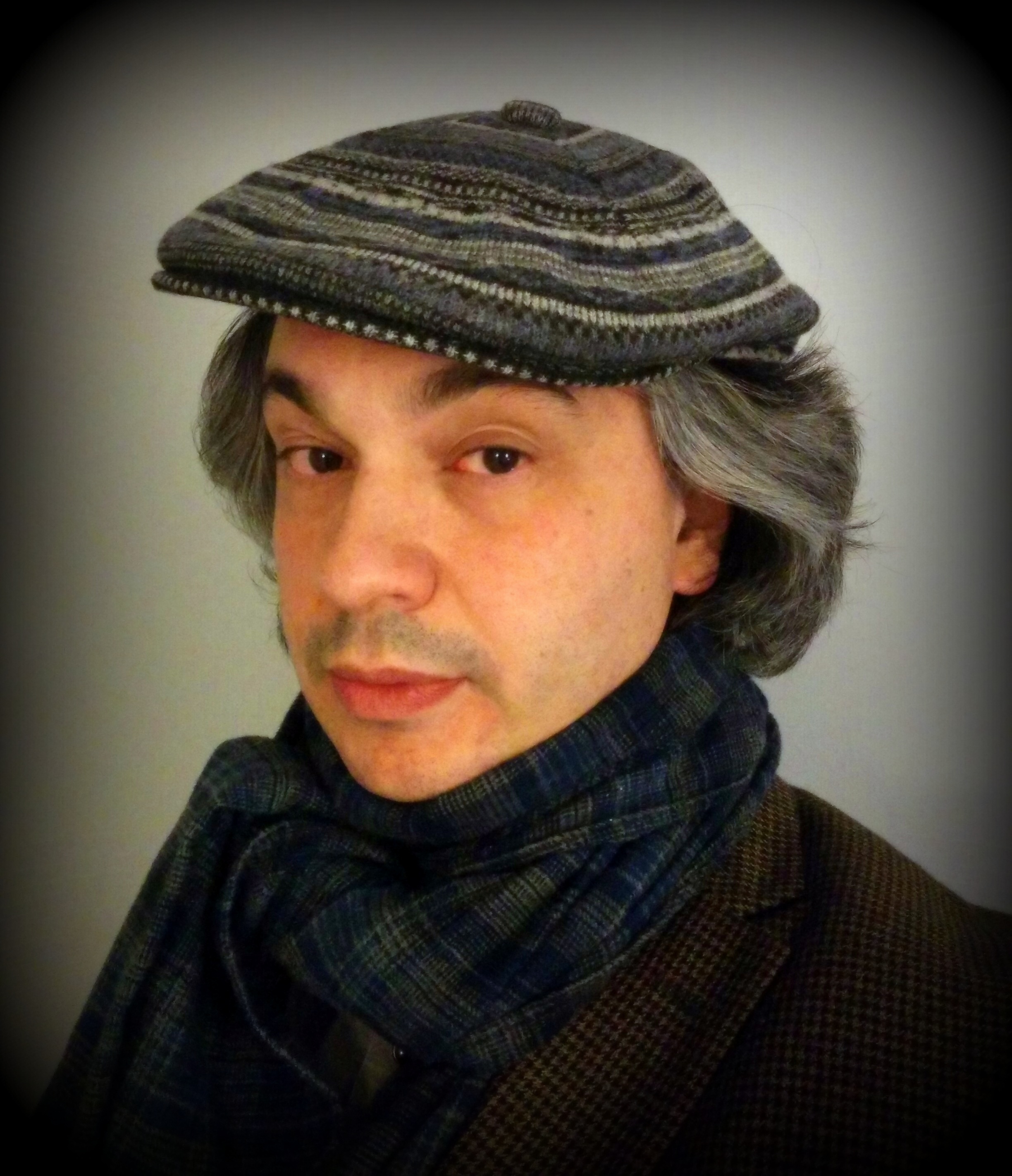In 2020, the White House released the, “Call to Action to the Tech Community on New Machine Readable COVID-19 Dataset,” wherein artificial intelligence experts are asked to collect data and develop text mining techniques that can help the science community answer high-priority scientific questions related to COVID-19. The Allen Institute for AI and collaborators announced the availability of a rapidly growing open dataset of publications, the COVID-19 Open Research Dataset (CORD-19). As the pace of research accelerates, biomedical scientists struggle to stay current. To expedite their investigations, scientists leverage hypothesis generation systems, which can automatically inspect published papers to discover novel implicit connections.
Ilya Tyagin, Ankit Kulshrestha, Justin Sybrandt, Krish Matta, Michael Shtutman, Ilya Safro "Accelerating COVID-19 research with graph mining and transformer-based learning", Innovative Applications of Artificial Intelligence (AAAI/IAAI), preprint at https://www.biorxiv.org/content/10.1101/2021.02.11.430789v1, 2022
We present an automated general purpose hypothesis generation systems AGATHA-C and AGATHA-GP for COVID-19 research. The systems are based on graph-mining and the transformer model. The systems are massively validated using retrospective information rediscovery and proactive analysis involving human-in-the-loop expert analysis. Both systems achieve high-quality predictions across domains (in some domains up to 0.97% ROC AUC) in fast computational time and are released to the broad scientific community to accelerate biomedical research. In addition, by performing the domain expert curated study, we show that the systems are able to discover on-going research findings such as the relationship between COVID-19 and oxytocin hormone.




